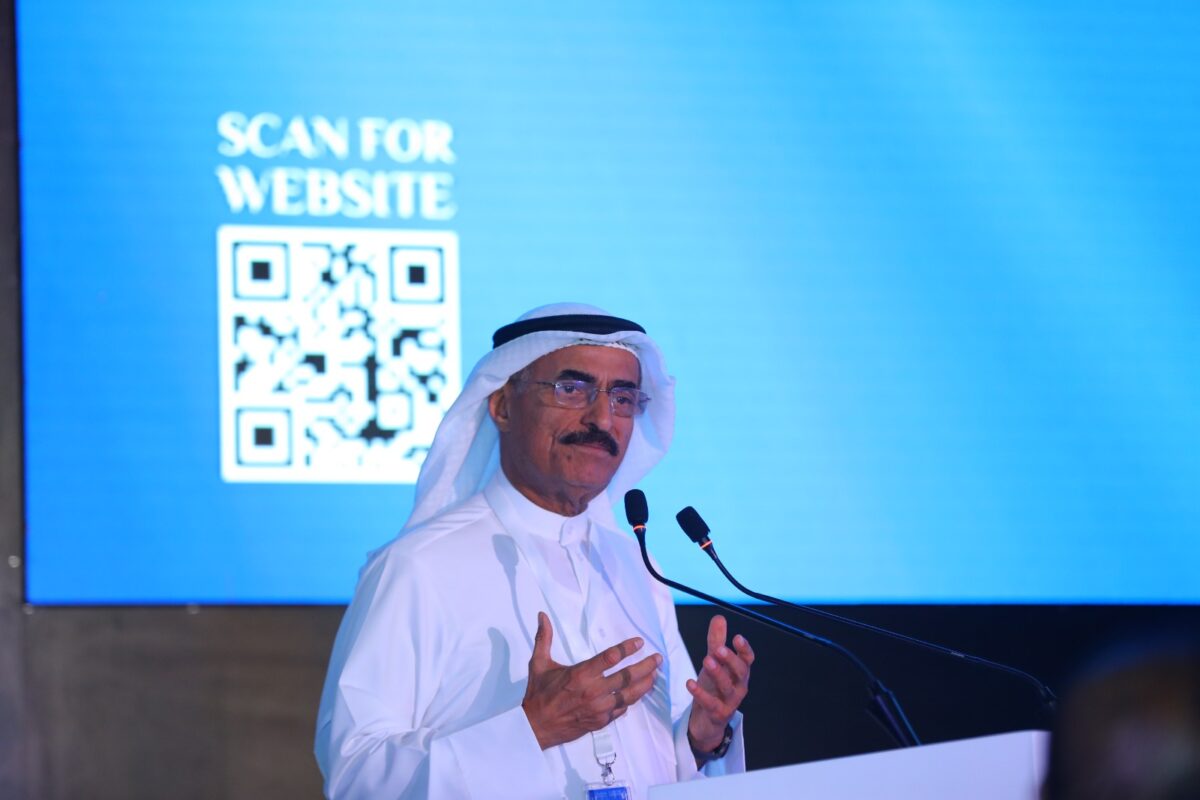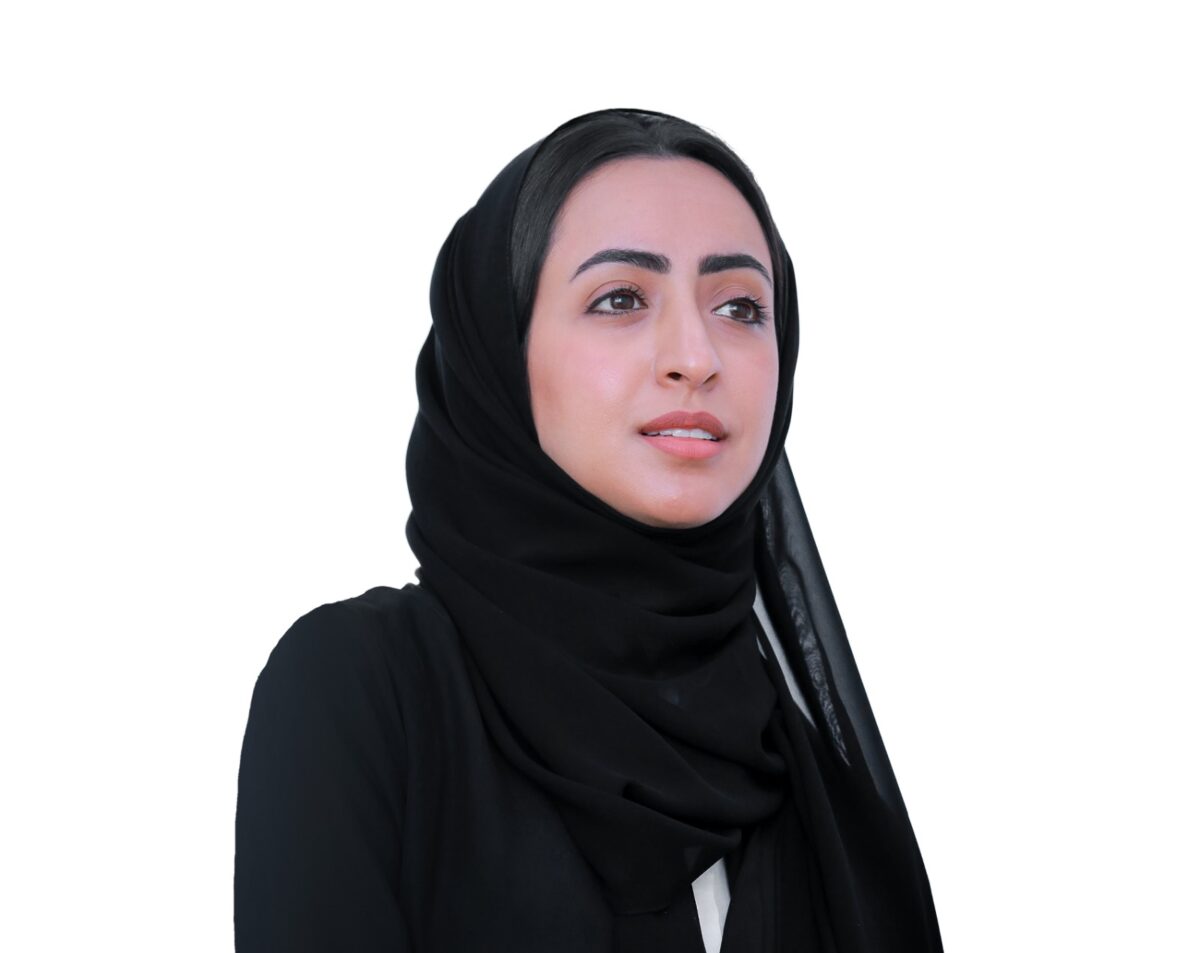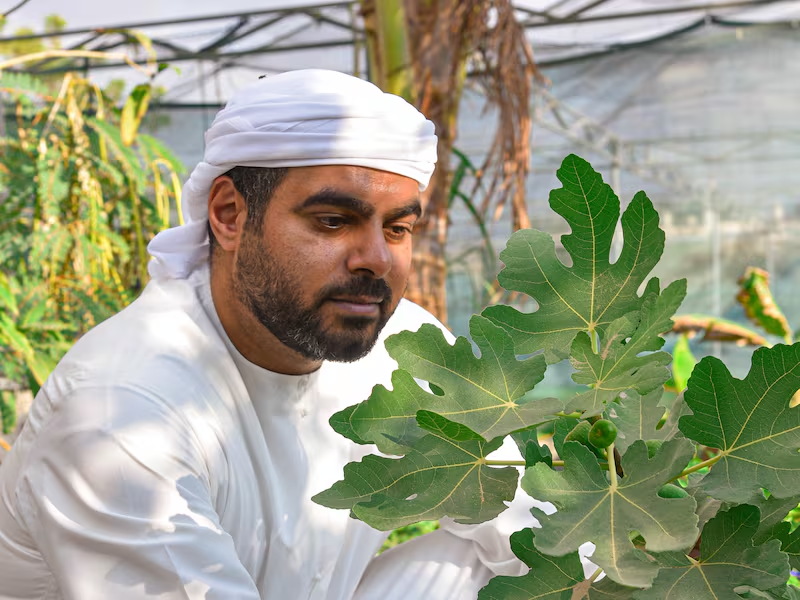Knowledge Security: A Pillar of National Identity and Sustainable Development – By H.E. Dr. Abdulla Belhaif Al Nuaimi

I was recently invited to the Sharjah University to speak about knowledge security and its role in strengthening national identity. Standing before a distinguished audience of scholars in Sharia and law, academics, writers, and students, I found myself reflecting on whether to focus on the value of knowledge itself or the future challenges facing national identity amid accelerating digital and cultural transformations.
Knowledge security has become a strategic necessity, a safeguard for societal stability, a protector of identity, and a foundation for sustainable development. It extends beyond the protection of information to encompass intellectual integrity, independent scientific production, and societal awareness of ideological and cultural risks.
1st: The Concept of Knowledge Security
Knowledge security is the capacity of a society to produce, protect, and utilize knowledge in the service of development, while ensuring intellectual safety from distortion and misinformation. It encompasses:
• Protecting cultural identity from foreign influence.
• Promoting critical thinking and social awareness.
• Securing digital infrastructure against threats.
2nd: Dimensions of Sustainable Knowledge Security
1. Local Scientific and Knowledge Production
• According to UNESCO’s 2023 report, Arab countries contribute less than 1% to global scientific output.
• The UAE increased its R&D spending to 1.3% of GDP in 2024, up from 0.9% in 2019.
2. Cyber Knowledge Security
• The global cost of cybercrime exceeded $8.4 trillion in 2024 and is projected to reach $10.5 trillion by 2025.
• The UAE ranks among the world’s top 10 countries in the Global Cybersecurity Index, according to the ITU.
3. Intellectual and Cultural Awareness
• A study by Al Bayan Foundation found that 62% of Arab youth rely on social media as their main source of information—heightening the risk of misinformation.
• Programs such as National Knowledge Awareness in Saudi Arabia and the UAE aim to foster critical thinking among students.
4. Educational and Media Policies
• The UAE began integrating knowledge security concepts into school curricula in 2022, covering media literacy, critical thinking, and ethics of knowledge.
• The UAE Media Regulatory Authority launched the “Knowledge-Safe Media” initiative in 2023 to strengthen identity and information integrity.
3rd: Key Challenges
• Dependence on imported knowledge without sufficient local innovation.
• Weak coordination between academic and legislative institutions.
• Rapid spread of misinformation across digital platforms.
4th: Recommendations for Sustainability
1. Establish a National Knowledge Security Observatory to monitor intellectual and digital threats.
2. Support local research and align it with national priorities.
3. Promote digital safety culture among all segments of society.
4. Develop education and media policies that integrate knowledge security into daily practice.
Conclusion
Knowledge security is not an option, but an existential necessity for maintaining social stability, preserving identity, and achieving sustainable development. Its continuity requires synergy between thought, policy, technology, and education—woven together into a conscious and resilient national framework.
Also read: Understanding the Ecology of Global South Settings: 2025 Powerful Solutions





